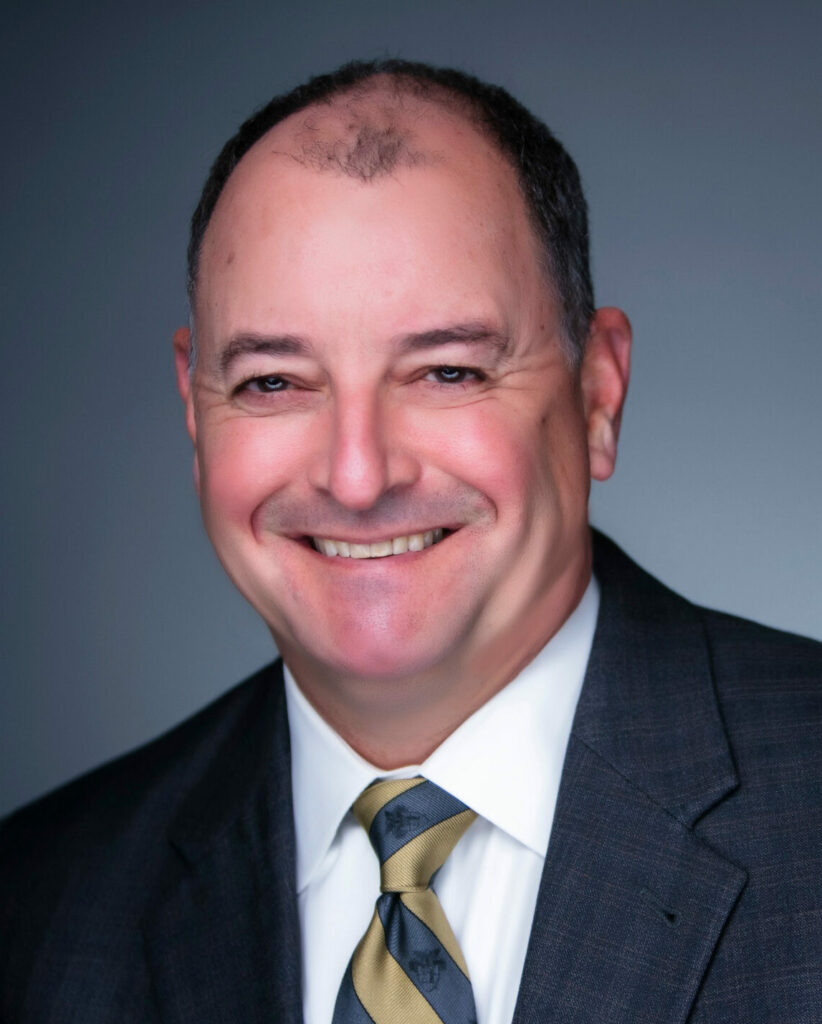HOME | ABOUT US | MEDIA KIT | CONTACT US | INQUIRE
HOME | ABOUT US | MEDIA KIT | CONTACT US | INQUIRE
Tap into the accumulated wisdom of Baby Boomer employees while you still can.
PUBLISHED APRIL 2024
 How can an organization transfer the wisdom of its most seasoned work-force members to succeeding generations? We’re in a moment when even the youngest Baby-Boomers (those in the late-stage, born between 1959 and 1965) are in the autumn of their careers and preparing to exit the work force. There are three ways your organization can retain the valuable knowledge those most experienced members of your team, gained through their decades of professional experience.
How can an organization transfer the wisdom of its most seasoned work-force members to succeeding generations? We’re in a moment when even the youngest Baby-Boomers (those in the late-stage, born between 1959 and 1965) are in the autumn of their careers and preparing to exit the work force. There are three ways your organization can retain the valuable knowledge those most experienced members of your team, gained through their decades of professional experience.
During 29+ years in the military, I lived in many places. A favorite was Italy, where a drive or bike ride in any direction was an opportunity to see endless hillsides filled with vineyards and wineries. The cycle of nurturing the vines, harvesting the grapes, processing them, and then barreling thousands of gallons of grape juice so it ferments into wine offers an analogy for how to approach capturing the investment organizations make in creating the wisdom held by their late-stage Boomers.
Grapes are individuals’ work contributions, and wines the finished products or services of the enterprise. The people are the vines, and organizational culture the soil and climate in which they grow. Those who’ve endeavored and rooted into their profession have synthesized what they’ve learned; they have skills, abilities and competencies that define their expertise and create a special value within organizations.
Late-stage Boomers possess three deep-knowledge sensibilities that are particular to their professional experience:
• Knowing which knowledge, skills, and abilities have lasting value for the business.
• Insight about the unobvious possibilities, probabilities, and consequences that may follow from applying their knowledge, skills, and abilities.
• Intuition for the ways in which seemingly unconnected actions and activities in complex situations are, in fact, deeply coupled, and shape the way events will play-out.
Taking Action
Here are three actions organizations can take in their professional-development programs to retain the valuable wisdom gained by members of their work force through decades of professional experience:
1. Assign them an advisory role within your professional-development program. These programs are an investment—trading an immediate cost in daily productivity for an enduring return of increased effectiveness and efficiency. Involve the best of your most seasoned in identifying the competencies professional development should produce, as well as the knowledge, skills, and abilities within those competencies that are particular to your business. Designing the courses and determining the most effective methods of delivery to younger generations may fall outside their expertise.
2. Champion and underwrite cross-generation coaching. Task your HR team to talent-match expertise, interest, and potential to create professional development small-groups (no more than five people in each). Your best success may lie in Boomer-Zoomer groupings. Zoomers know they lack experience, and their primary-school years were during the Great Recession (2007 to 2012-13) so their views and professional goals align most closely with the Boomers.
Millennials will hear what Boomers offer, and those near or over 30 have enough experience to trust their own judgment to accept what has value and discard what they think doesn’t. Their working years began in those Great Recession years, so they listen closely to find whether reflection on the causes of those years of economic hardship imparted any wisdom. Gen Xers are Boomer younger siblings and should be full partners in any handing-down of wisdom.
3. Make Your Own History. Create and underwrite an in-house program to capture key insights and lessons learned from the best accomplishments and biggest events late-stage Boomers’ careers by teaming them with Gen Z members of your work force with strong potential. Smart phones make recording video interviews an easy task, and the prep work of together framing the series of questions and outlining answers can seed a coaching relationship across generations. Attaching an incentive for the Gen Z partners to develop these interviews into business case studies develops their sensibility for detecting the hidden, deep connections among seemingly unconnected actions, events, and activities which determine outcomes in complex situations.
Don’t let hard-won know-how and wisdom, gained in doing the organization’s business and in which it should stake a claim, depart when highly prized seasoned members of your team make the choice to exit the work force.